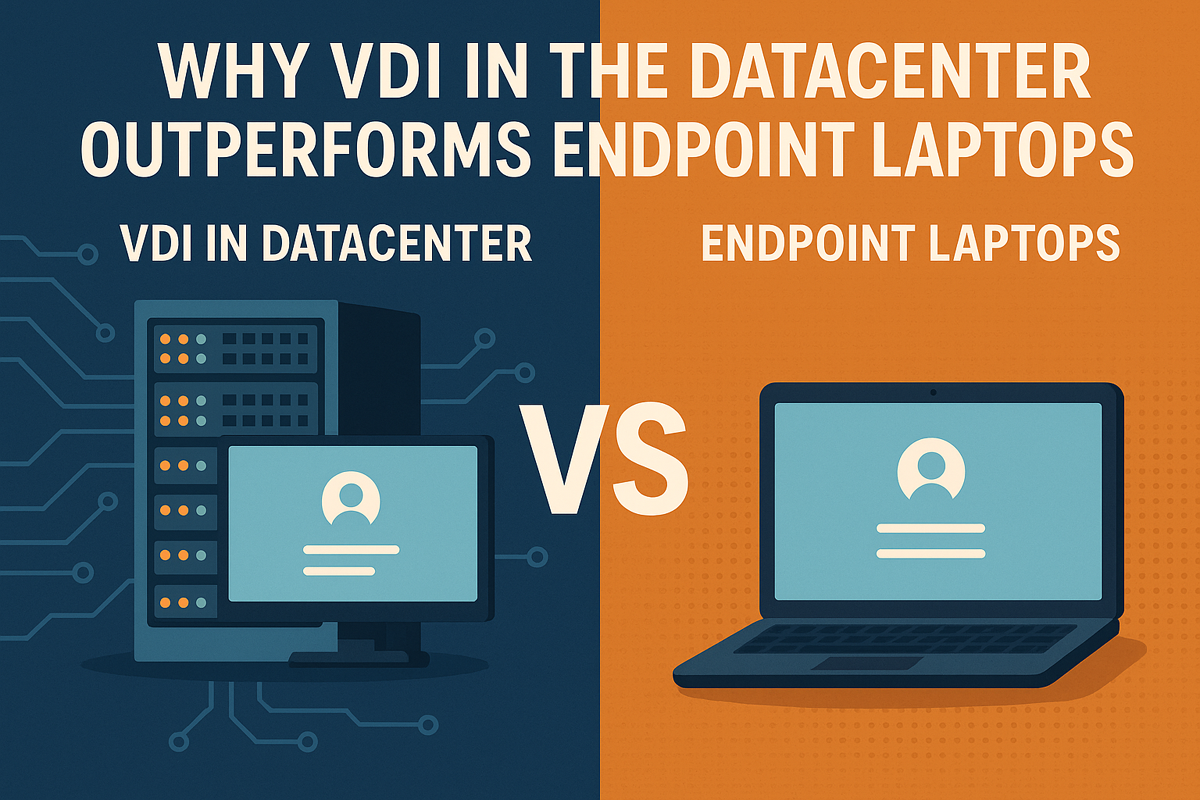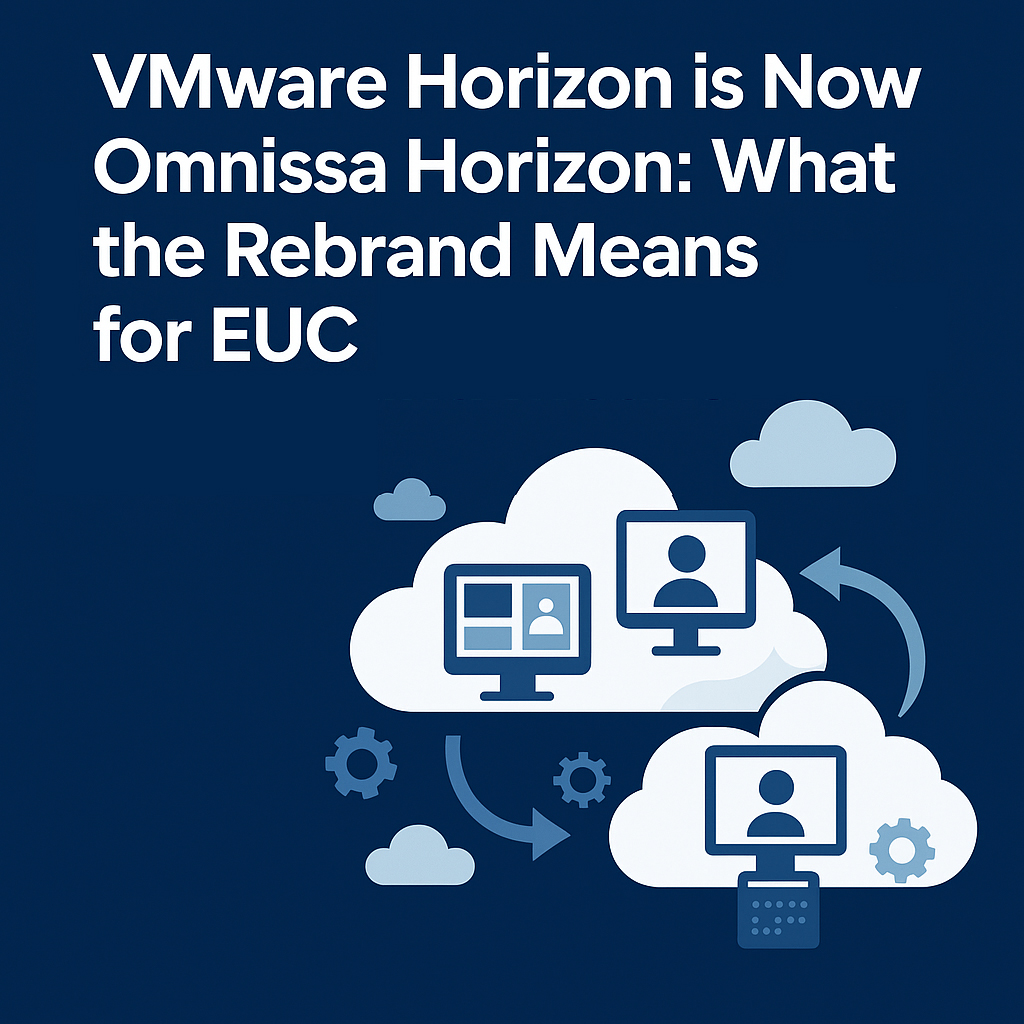All About End User Computing (EUC)
End User Computing (EUC) refers to the delivery of virtualized desktops and applications to end users, allowing them to securely access corporate resources from any device, anywhere. With the rise of remote work and cloud-based solutions, EUC has become crucial for businesses. Two of the most popular EUC solutions are Citrix Virtual Apps and Desktops and VMware Horizon, each offering distinct features, technologies, and deployment options.
Citrix Virtual Apps and Desktops
Citrix is a leading EUC solution that enables organizations to deliver virtual desktops and applications. Citrix stands out due to its comprehensive suite of technologies that provide flexibility and performance.
- Key Technologies:
- Machine Creation Services (MCS): A method for quickly provisioning virtual machines.
- Provisioning Services (PVS): Efficient disk image management by streaming virtual machine images from a central server.
- App Layering: Separates applications from the OS, making application management and updates simpler and more flexible.
- Citrix ADC (formerly NetScaler): Optimizes and secures access to virtualized resources, enhancing both performance and security.
- Citrix Director: A powerful tool for monitoring and troubleshooting virtual desktop environments, offering insights into system health, user activity, and performance.
Citrix is highly versatile in terms of deployment:
- Hypervisor Compatibility: Citrix can be deployed on a variety of hypervisors, including Microsoft Hyper-V and Citrix XenServer.
- Cloud Flexibility: Citrix Cloud offers a cloud-based alternative to traditional on-premises infrastructure, reducing the need for on-site resources and simplifying management.
Citrix’s HDX protocol ensures a high-quality experience even in low-bandwidth scenarios, providing smooth and responsive access across devices. The combination of these technologies makes Citrix ideal for businesses looking for flexibility, scalability, and centralized management.
Omnissa Horizon (formerly known as VMware Horizon)
Omnissa Horizon is another powerful EUC solution focused on providing a seamless virtual desktop infrastructure (VDI) experience. Omnissa Horizon integrates deeply into VMware’s ecosystem, providing strong management tools for organizations already using VMware technologies.
- Key Technologies:
- PCoIP (PC-over-IP): VMware’s protocol that delivers high-quality graphics, particularly beneficial for graphic-intensive applications.
- Blast Extreme: A protocol that optimizes performance, providing a better experience for users on low-bandwidth networks.
However, VMware Horizon has some limitations in terms of deployment:
- Hypervisor Requirement: VMware Horizon is designed to run only on VMware’s own vSphere hypervisor, which could limit flexibility for organizations using other hypervisors like Hyper-V.
- Cloud Option: Horizon Cloud offers a cloud-based VDI alternative, but it lacks the extensive hybrid cloud flexibility that Citrix Cloud provides.
Despite these limitations, VMware Horizon offers seamless integration for organizations already using VMware’s suite of tools, making it an attractive choice for VMware-centric environments.
Comparing Citrix and Omnissa Horizon: Protocols and Deployment
Both Citrix and VMware Horizon offer strong EUC solutions, but they differ in terms of protocols, deployment flexibility, and integration with other technologies.
- Protocols:
- Citrix uses HDX to optimize user experience across different network conditions, while VMware Horizon uses PCoIP and Blast Extreme to deliver a high-quality experience.
- Deployment Flexibility:
- Citrix can be deployed on multiple hypervisors, including Microsoft Hyper-V and Citrix XenServer, providing more options for infrastructure.
- Omnissa Horizon, however, is limited to running on VMware’s vSphere hypervisor.
Both solutions support virtualized applications, allowing businesses to run legacy applications within a virtual environment while benefiting from centralized management.
Citrix Cloud: A Scalable Alternative
For businesses looking to reduce on-premises infrastructure and simplify management, Citrix Cloud is an excellent alternative. Citrix Cloud provides a scalable, cloud-based platform for delivering desktops and applications, offering:
- Reduced Capital Expenditure: By moving to the cloud, businesses eliminate the need for physical hardware and reduce maintenance costs.
- Scalability: Citrix Cloud makes it easier to scale up or down based on business needs.
- Centralized Management: Simplifies the management of virtualized resources from a single, cloud-based console.
Citrix Cloud is particularly appealing to organizations looking for a hybrid-cloud approach, allowing them to scale operations without managing physical infrastructure.
Conclusion
In summary, both Citrix Virtual Apps and Desktops and Omnissa Horizon are powerful EUC solutions, each catering to different organizational needs:
- Citrix offers more flexibility in deployment and a broader range of hypervisor compatibility, including support for hybrid cloud deployments via Citrix Cloud.
- Omnissa Horizon excels in VMware-centric environments and provides a solid, integrated VDI solution, though it is limited to VMware’s hypervisor.
For organizations looking for a cloud-based EUC solution, Citrix Cloud offers an excellent alternative that simplifies management and reduces infrastructure costs. By understanding the key differences and technologies involved, businesses can make informed decisions on the EUC solution that best fits their needs.
At Datacompute Consulting, we specialize in designing and deploying End User Computing (EUC) solutions tailored to the unique needs of different industries. Whether it’s healthcare ensuring secure remote access to patient data, financial services implementing a highly controlled virtual workspace, education providing students and faculty with seamless application access, or manufacturing optimizing IT infrastructure for distributed teams, we help businesses achieve secure, scalable, and high-performance EUC environments. Our expertise in Citrix Virtual Apps and Desktops, VMware Horizon, Citrix ADC, Citrix Cloud, and hybrid cloud deployments ensures that organizations can maximize their EUC investments while improving user experience, security, and IT efficiency.
By leveraging our deep knowledge in virtual desktop infrastructure (VDI), application virtualization, cloud-based EUC, and managed services, Datacompute Consulting helps businesses navigate IT challenges and adopt the best EUC strategies to enhance productivity and operational efficiency. Contact us today to learn how we can transform your IT environment with the right EUC solution!




